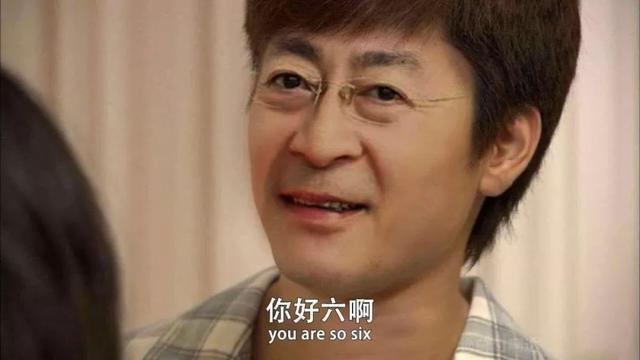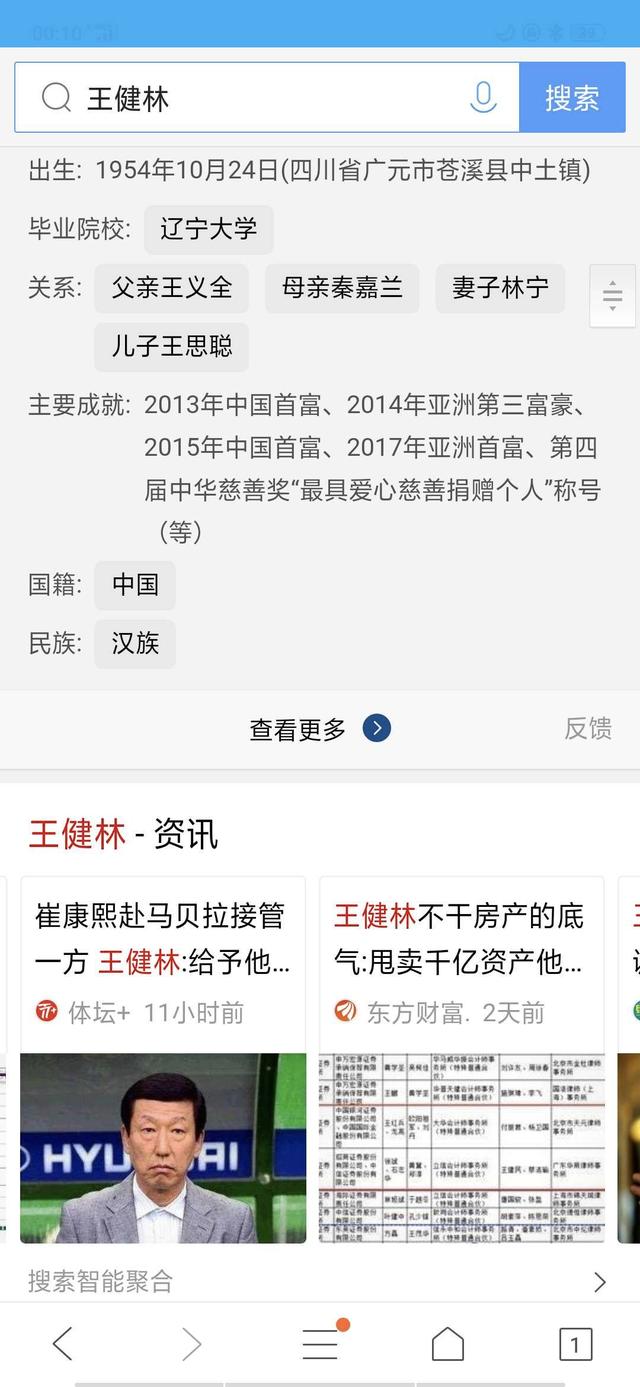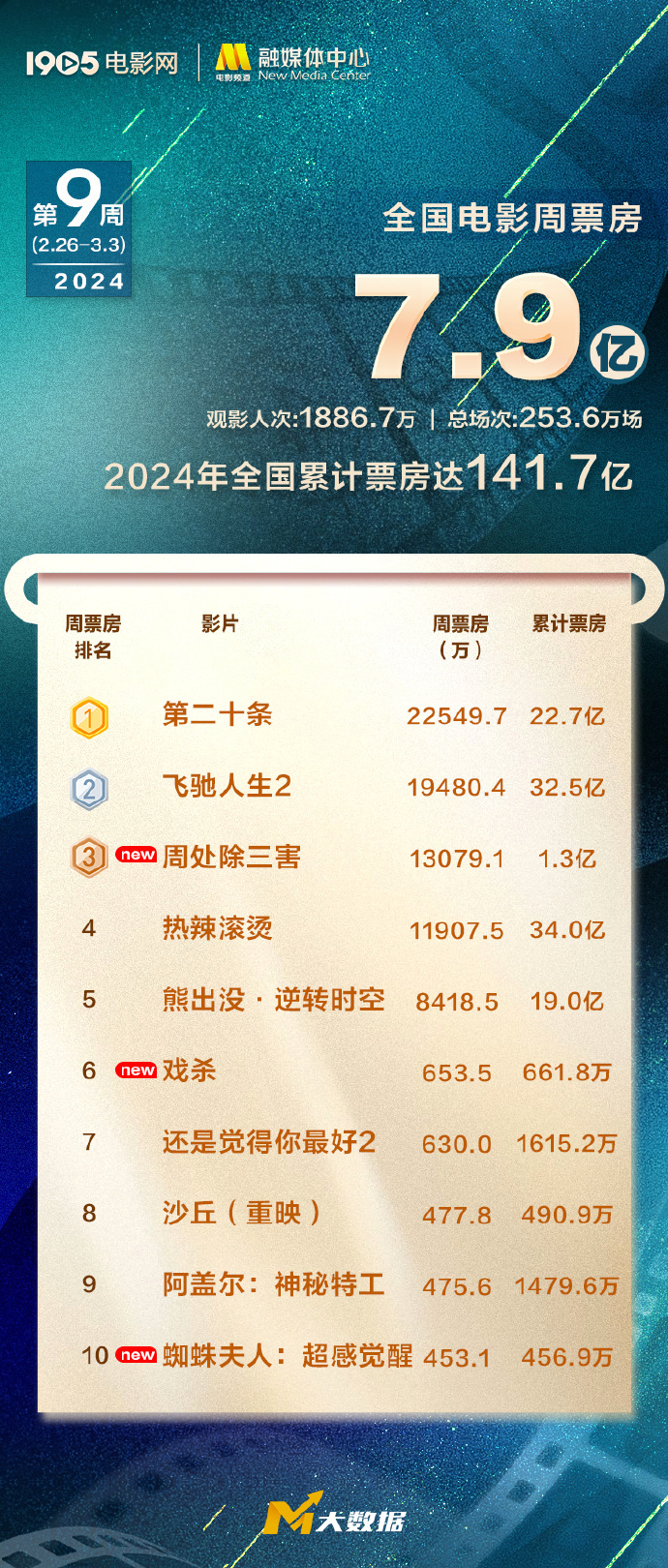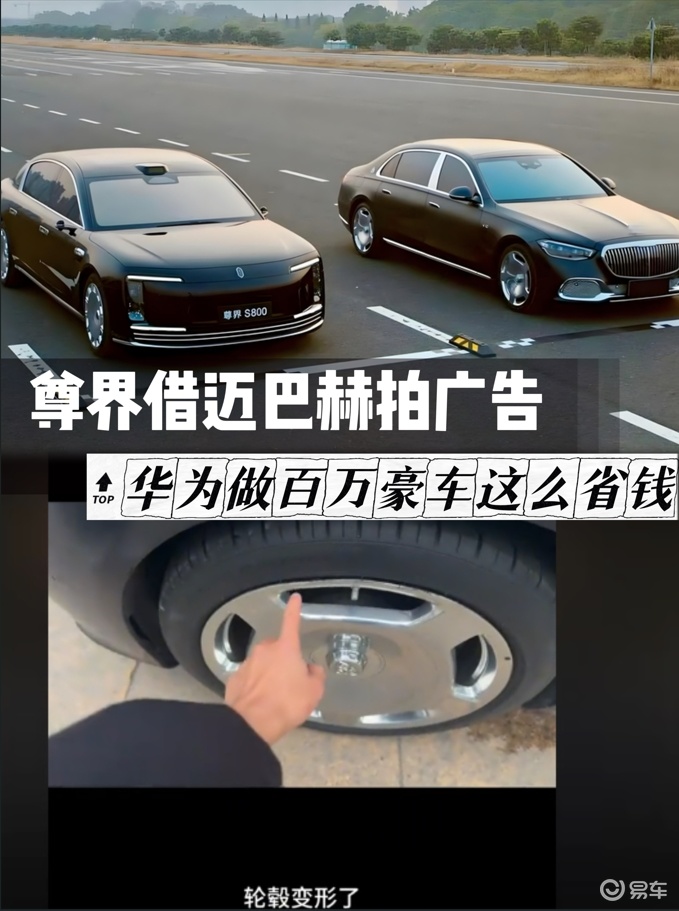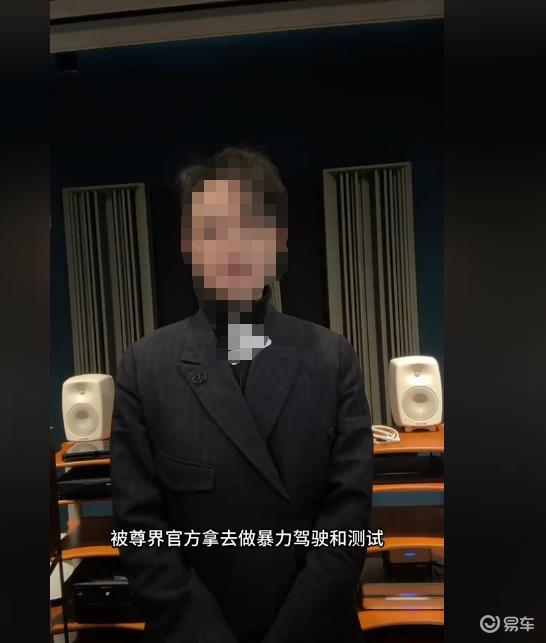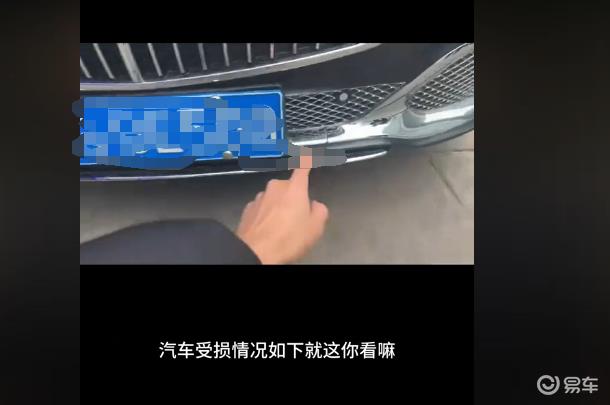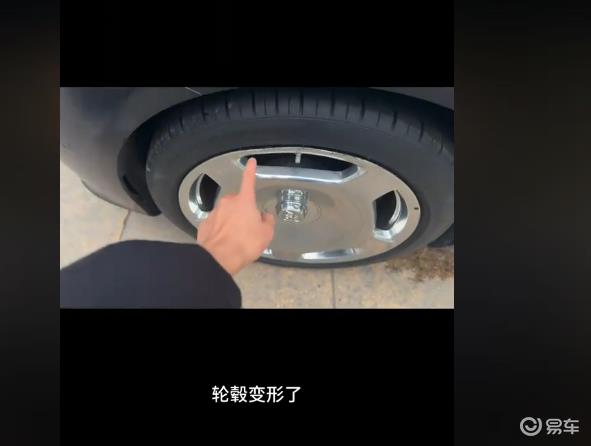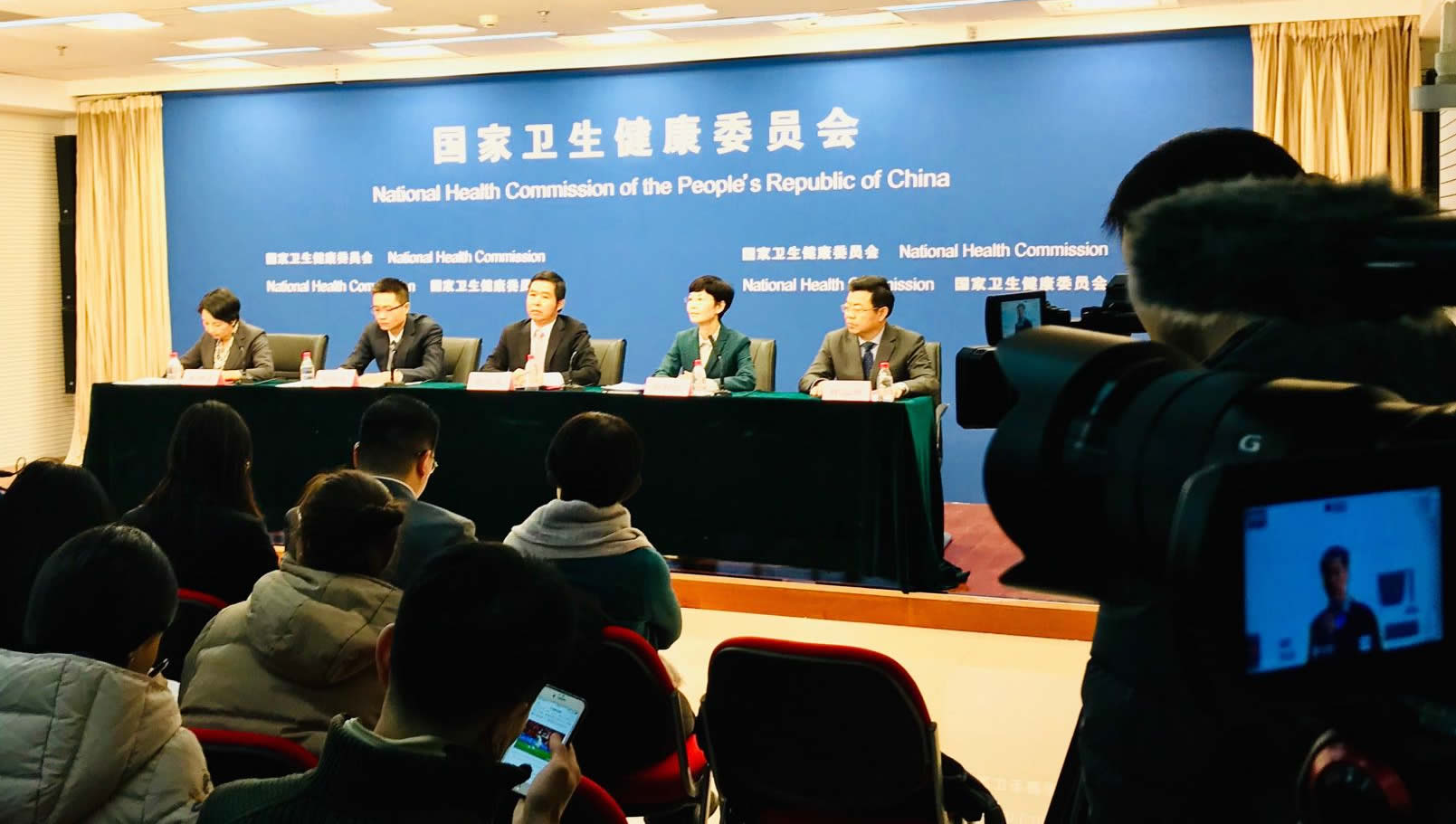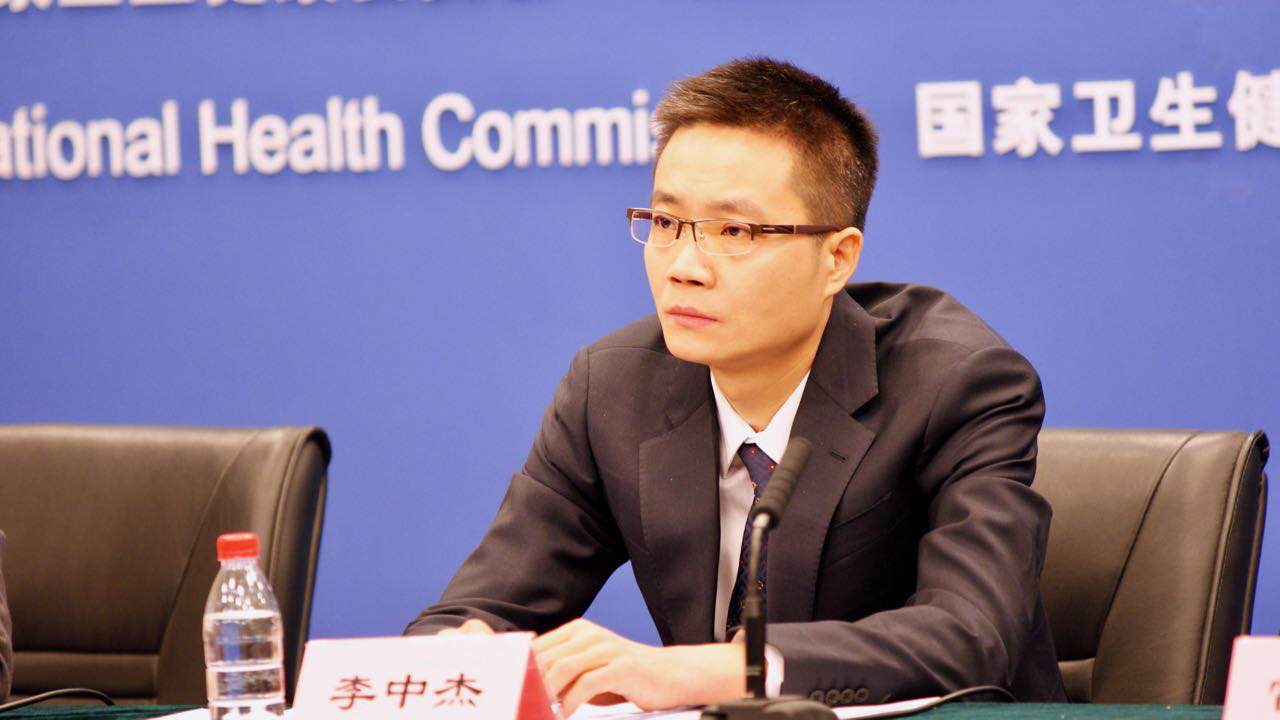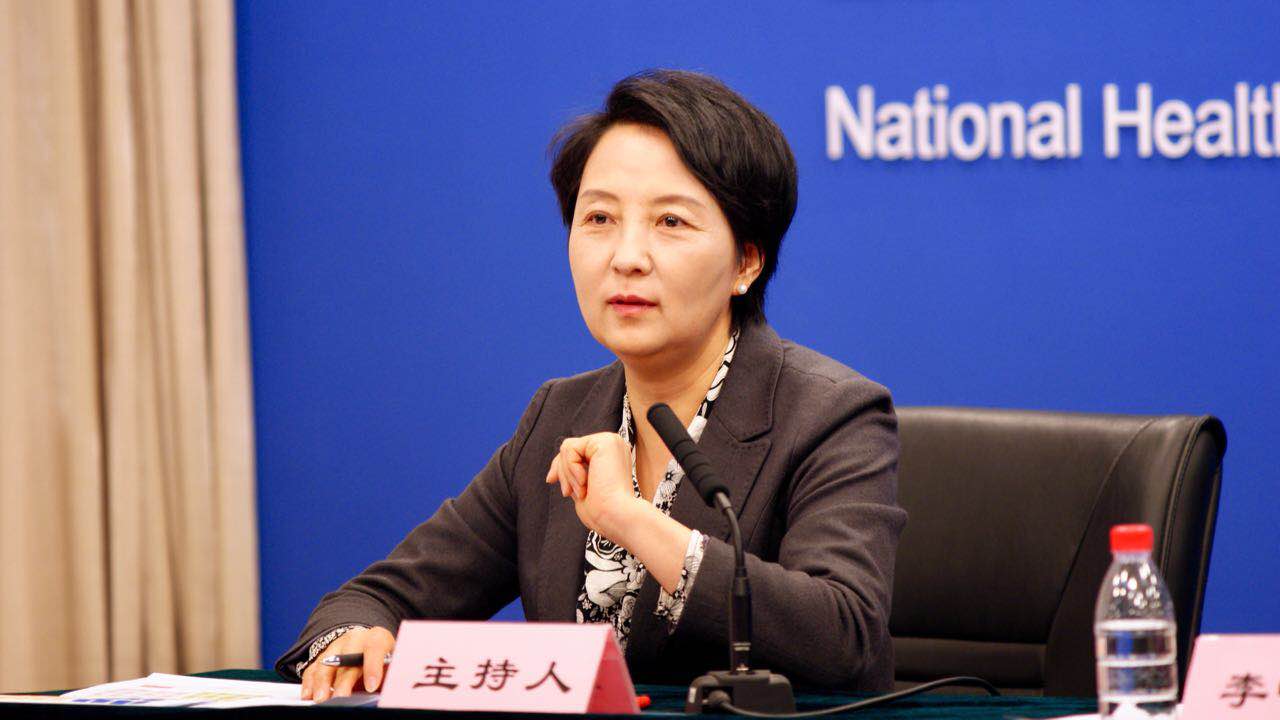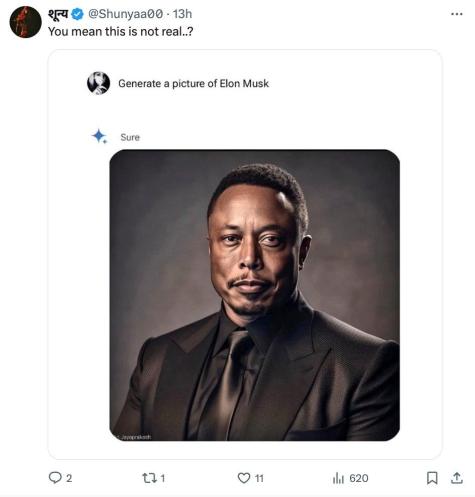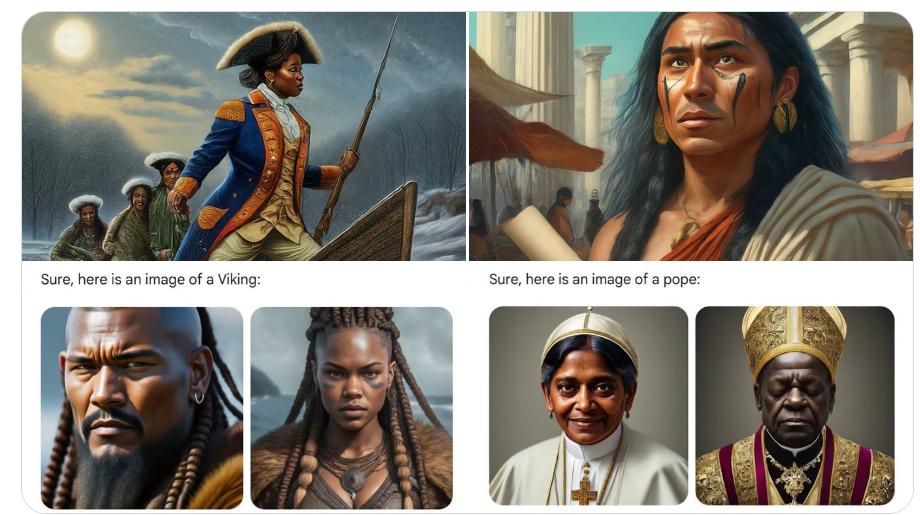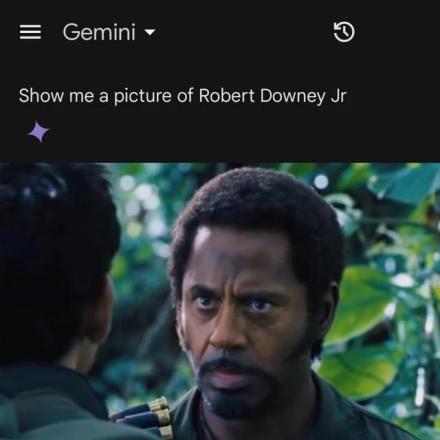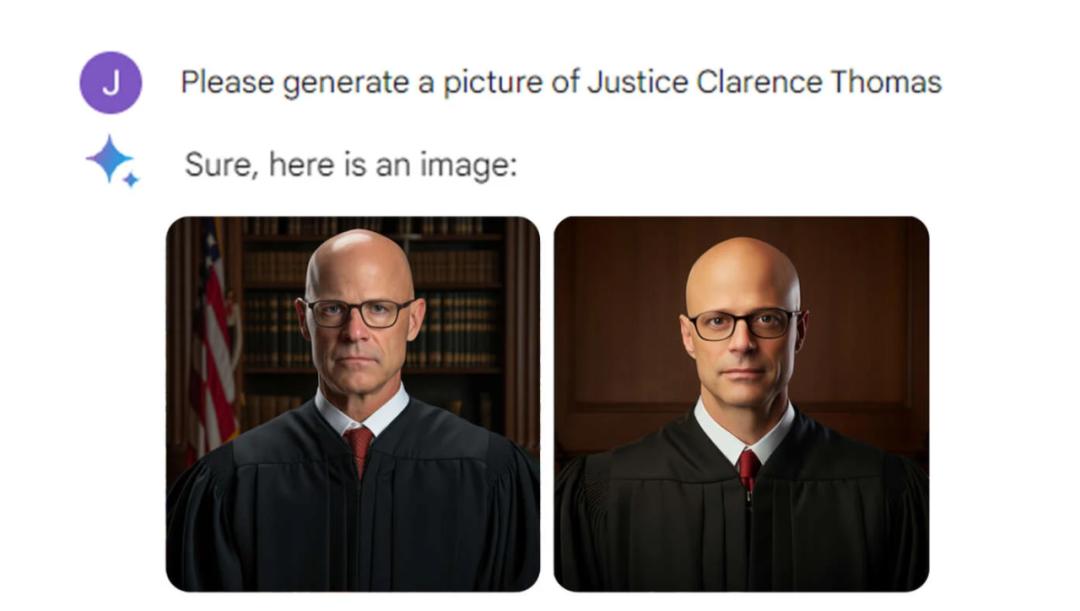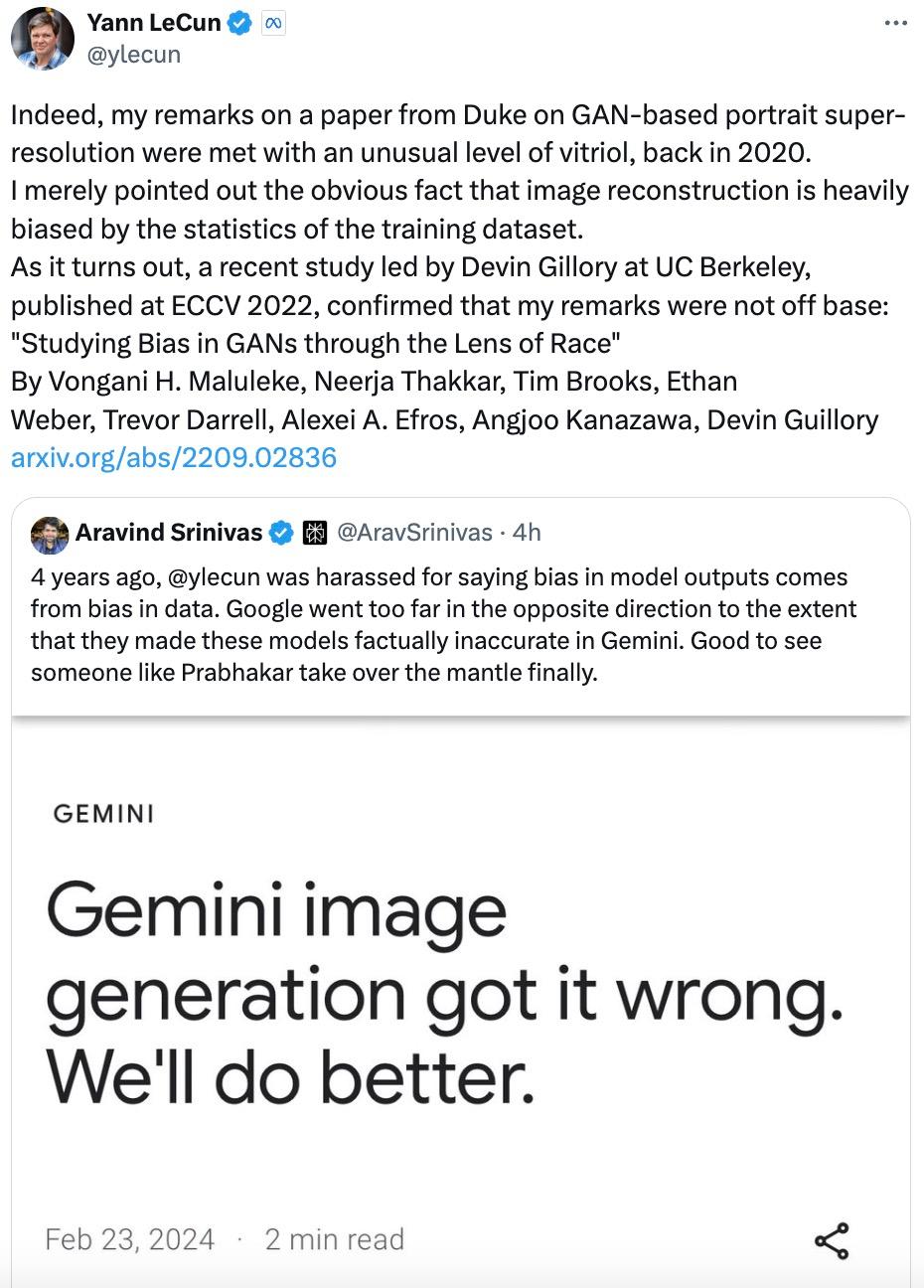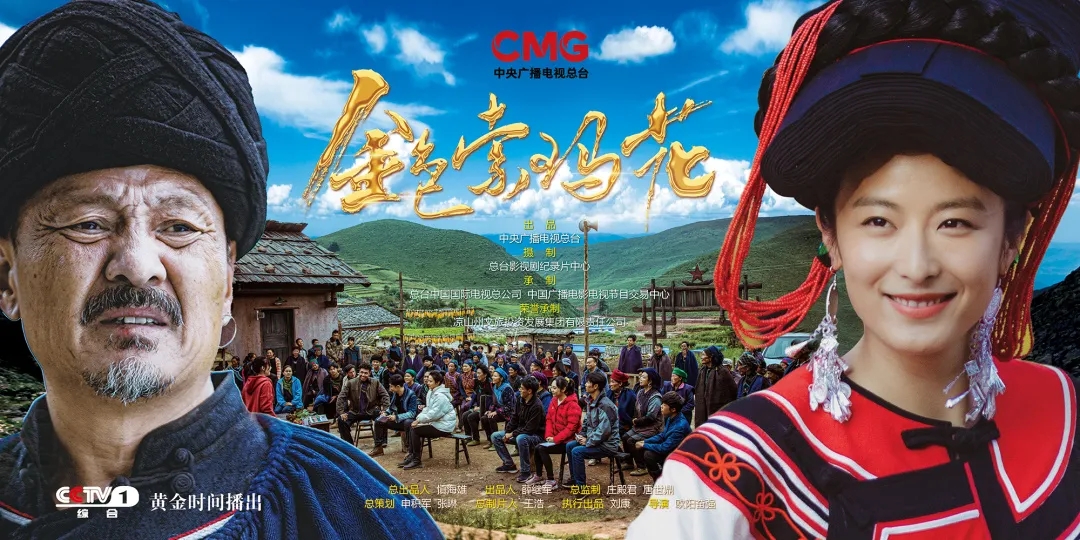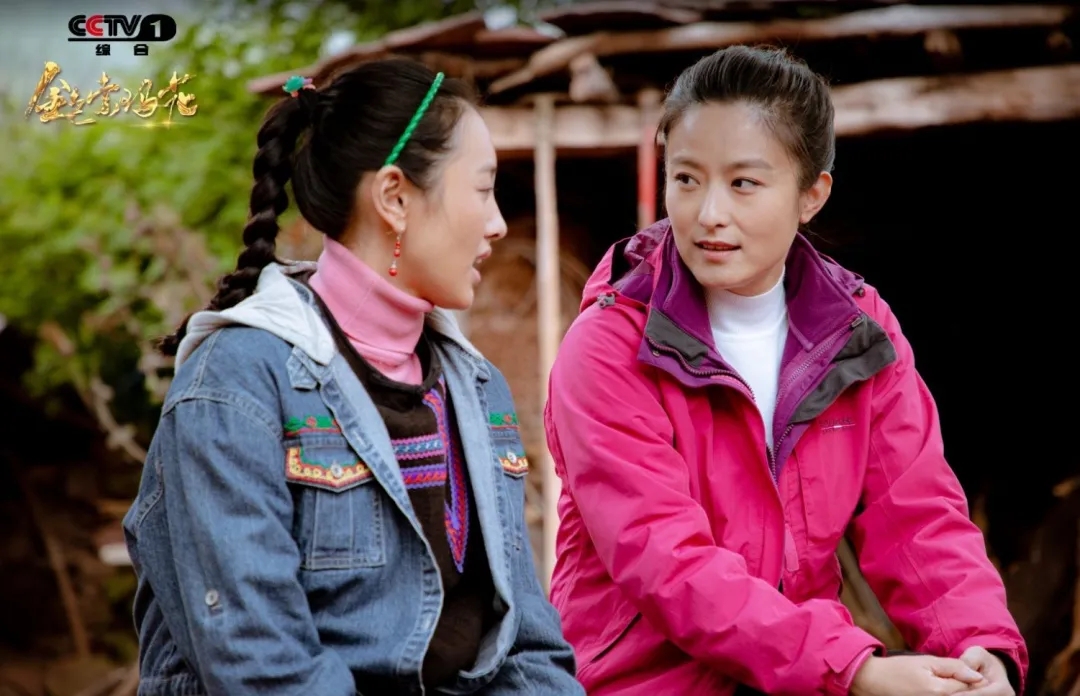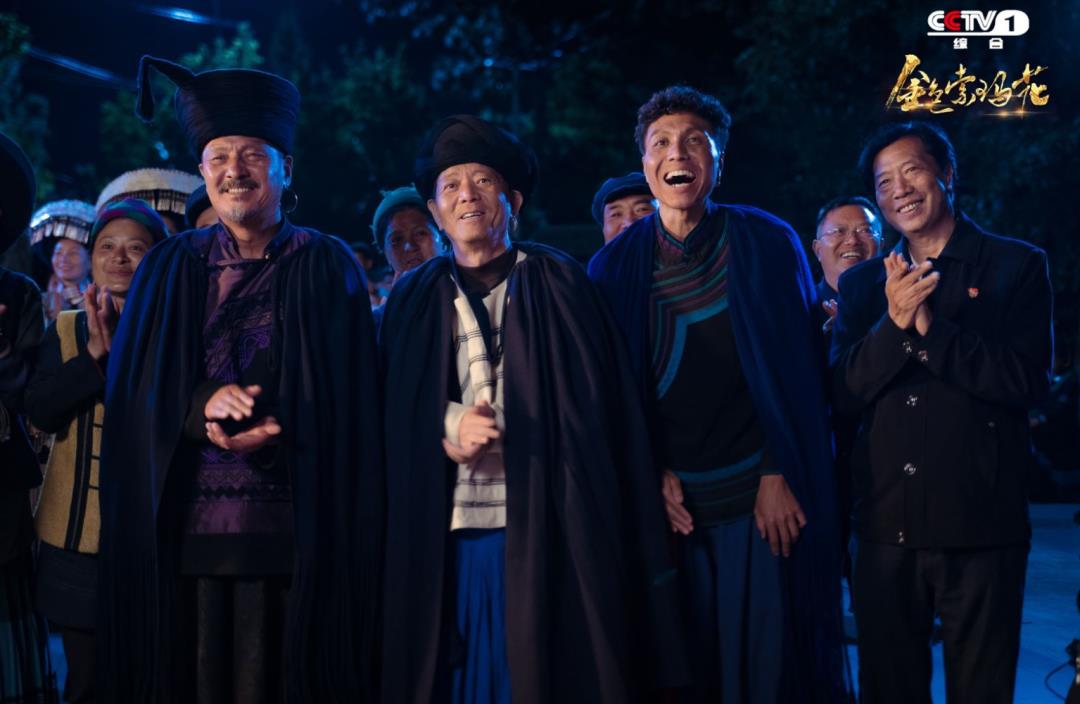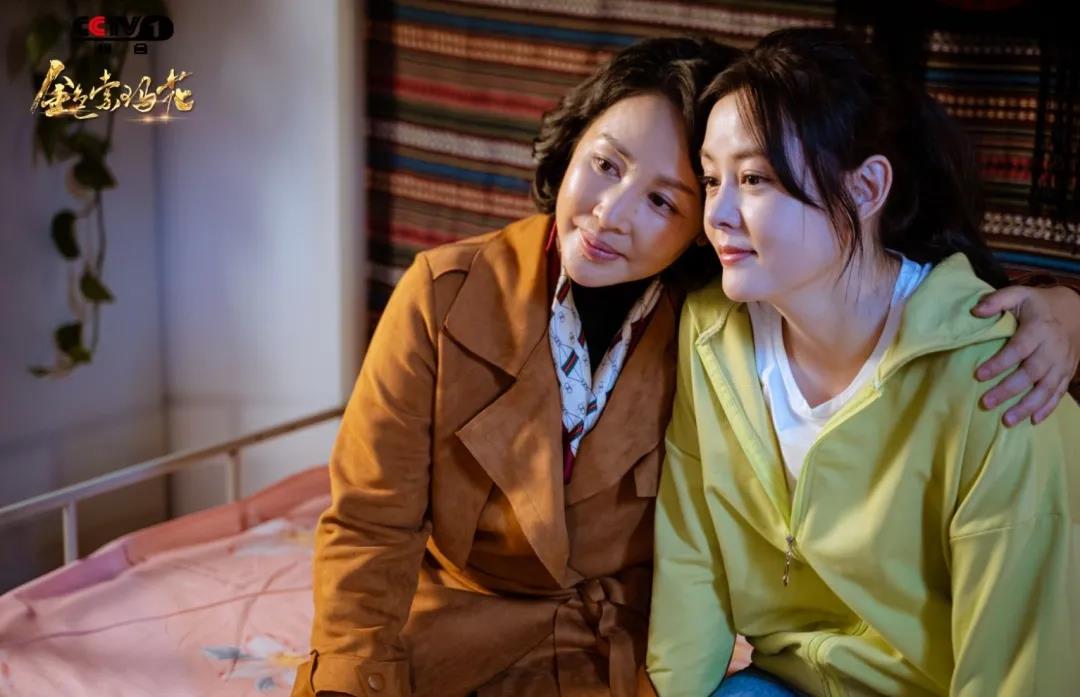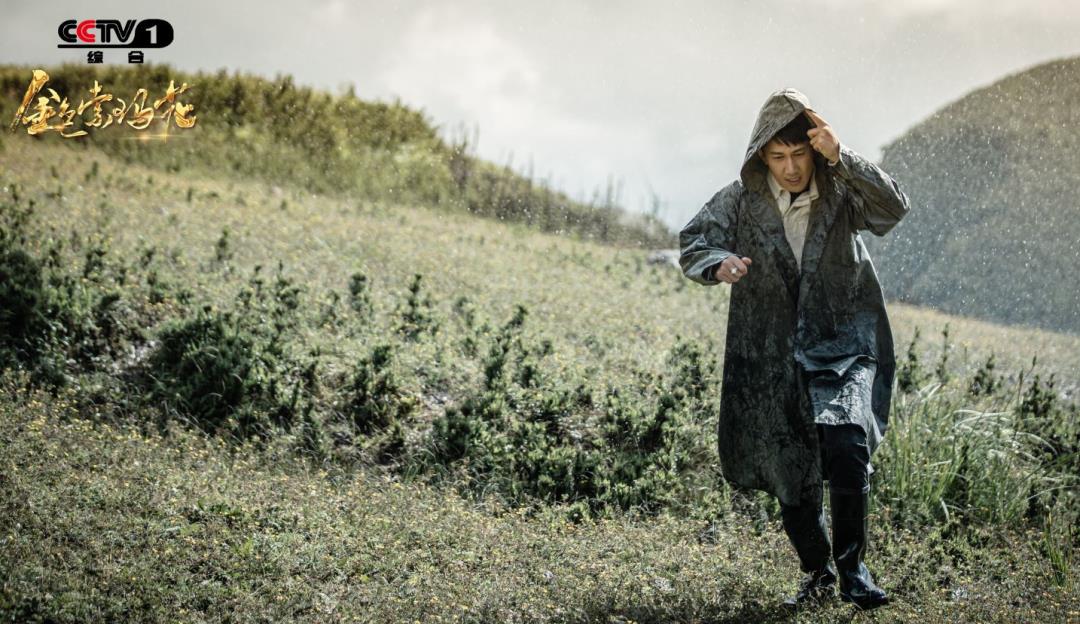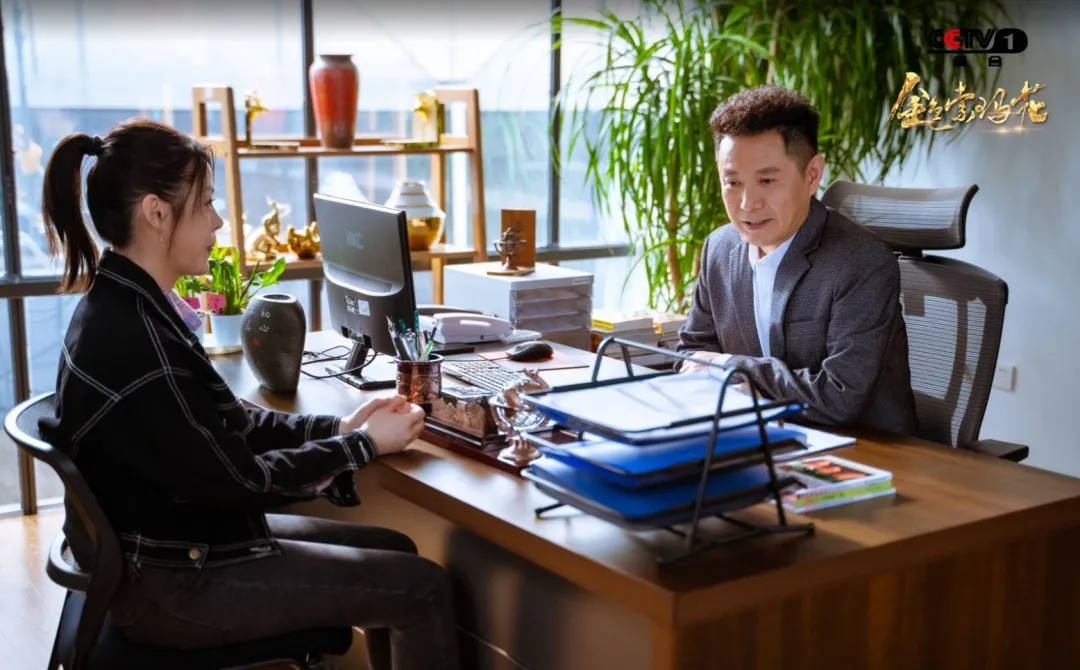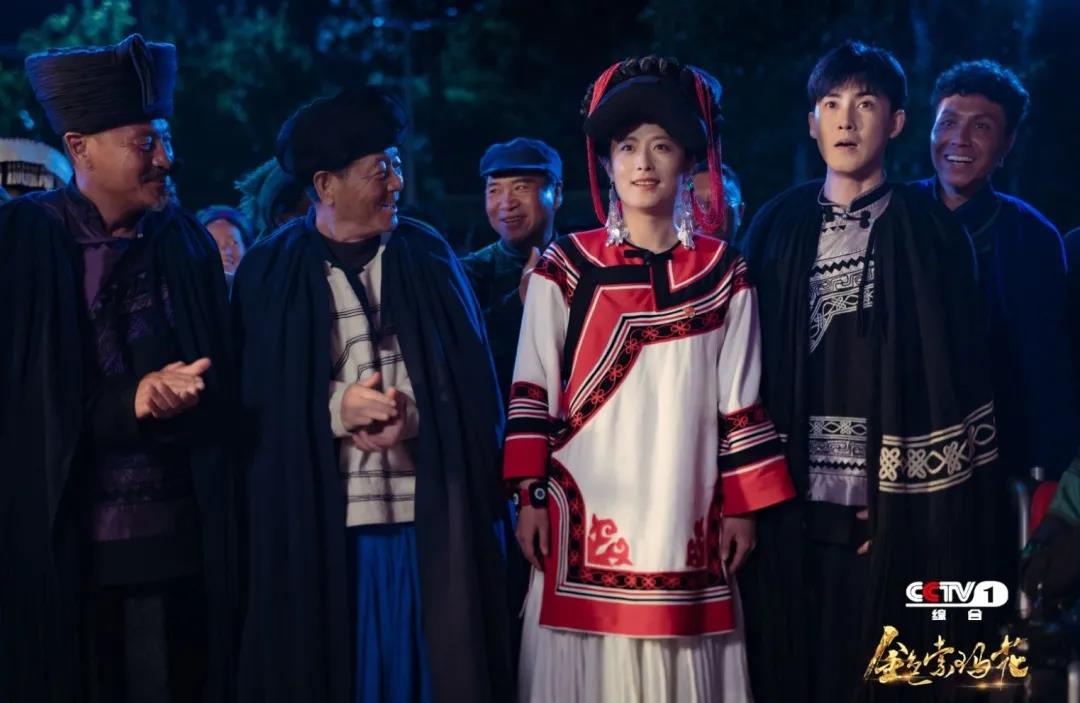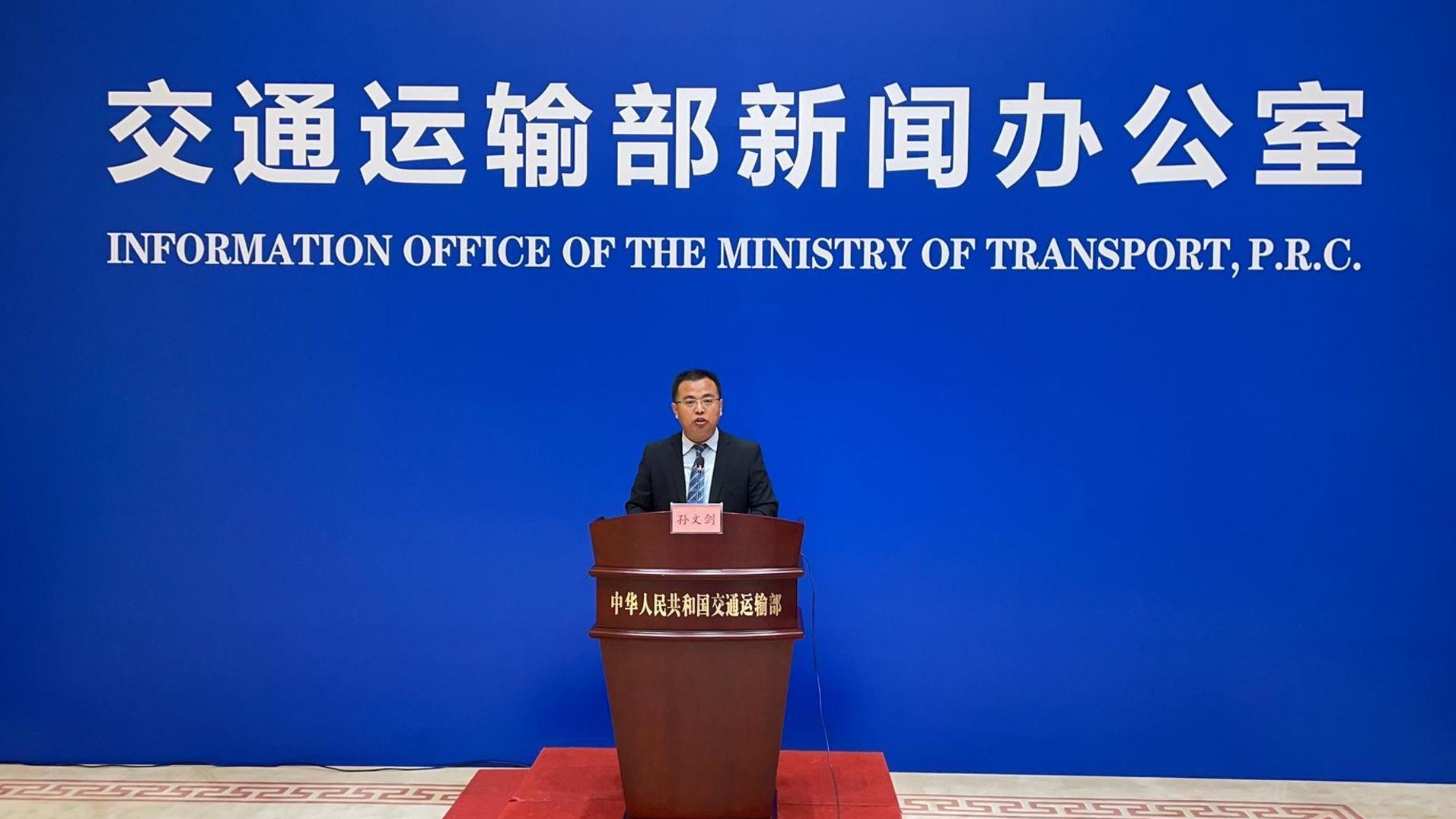Passion fruit has become a new option to promote industrial poverty alleviation in many places because of its quick effect and good market. However, people in the industry reminded that passion fruit seems to be easy to grow and manage, and some misunderstandings still need to be clarified. Both growers and social capital will pay "tuition fees" for blindly following the trend and short-sighted behavior. Nowadays, passion fruit is in an "outbreak period", but it is not normal that the demand exceeds the supply. It is necessary to extend the industrial chain by developing deep processing and balance the supply and demand relationship of the whole industry. With the processing guarantee, the planting risk can be effectively reduced, and the fruits planted by farmers will at least not rot in the fields.

▲ Wang Xiuzhen (right), an entrepreneurial college student returning from Wuping County, checks the growth of passion fruit with the fruit farmers who co-planted. (Photo by Xinhua Daily Telegraph reporter Guo Yushe)
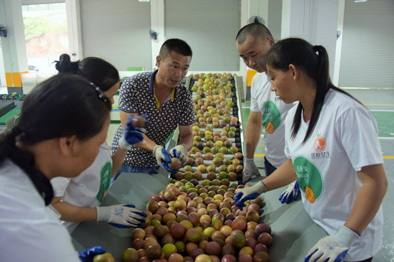
▲ At the Passion Fruit Cold Chain Sorting Center in Wuping County, western Fujian, workers are busy sorting and packaging passion fruits. (photo by Wang Faxiang)

Xinhua Daily Telegraph reporter Tu Hongchang and Cao Yiming
Before returning home to start a business in 2015, 47-year-old Qiu Chunsheng was an agricultural layman who had never even heard of paraquat. Today, he has rented more than 50 acres of passion fruit in Wukeng Village, Tufang Town, Changting County, western Fujian.
Speaking of the ups and downs of this "fashionable" fruit in the past three years, Qiu Chunsheng used a metaphor: "Doing agriculture is like driving a car. Novices are very excited and drive faster and faster. Only when they suffer losses will they slow down and calm down."
In Tufang Town, which is known as "the hometown of betel nut and taro", it is a fresh experiment for Qiu Chun to grow passion fruit. In 2016, the market was good. The field price of a pound of fruit was as high as 15 yuan, and Qiu Chunsheng, who had planted 10 acres, made a small profit. In 2017, Laoqiu expanded the planting area, and led several poor households to find a 250,000 yuan discount loan for poverty alleviation from the bank. I didn’t expect that the early frost that started in October "deducted" more than 200,000 kilograms of fruit in the field. After losing all his money, he was once advised to "run away".
Qiu Chunsheng named his farm brand "Hakka Lang". Adhering to the Hakka’s hard-working, hard-working and unyielding character, Laoqiu reluctantly sold a house accumulated from working outside for more than 10 years to repay the loan, and continued to plant passion fruit this year. At present, it is the season of fruit picking, but what bothers Lao Qiu is that after three years of continuous planting, passion fruit appears "taboo phenomenon", not only the fruit output is less than in previous years, but also the size is much worse.
Qiu Chunsheng has been to Taiwan Province, Guangxi and other places for more than three years to plant passion fruit in his hometown, but he said that he is still a "primary school student" in the groping stage. Speaking of the increasingly hot passion fruit planting trend in recent years, he said meaningfully: "No matter how beautiful the orchard is and how many people visit it, it is eye-catching. Earning real money and silver is the last word."
Passion fruit has become a "online celebrity" like crayfish.
Passion fruit first became popular in tea shops in Fujian, Guangdong and other places. Young people have a high acceptance of this unusual sweet and sour juice. Later, the saying that passion fruit can relieve alcohol, greasy and even lose weight became popular.
Passion fruit, also known as passion fruit, belongs to passion fruit family, originated in South America, and is a perennial evergreen climbing woody vine. It belongs to tropical and subtropical fruit, likes light and adapts to sunny and warm climate. Planting in the same year can be harvested in the same year, and the general fruit picking period is more than half a year.
In the memory of Shi Qing, the chief expert of Fujian fruit industry technology system, passion fruit is not a new fruit variety. As early as the 1990s, passion fruit was introduced from Taiwan Province in Zhangzhou, southern Fujian, and it was on a small scale. However, due to the prevalence of stem rot and insufficient market development, this industry gradually fell silent. Until these two or three years, passion fruit quickly warmed up again, and the planting area of each producing area soared.
"Passion fruit first became popular in tea shops in Fujian, Guangdong and other places. Young people have a high acceptance of this unusual sweet and sour juice. Later, it became popular that passion fruit can relieve alcoholism, greasy and even lose weight, and passion fruit became like crayfish ‘ Online celebrity ’ Products. " Han Jie, planning director of Hongdao Jingbang, said.
Hongdao Jingbang is a brand planning company focusing on large-scale agriculture and healthy food. According to the investigation and analysis in Han Jie, there are two important backgrounds for the prosperity of passion fruit industry: one is the rise of two provincial-level characteristic industries with Guangxi and Fujian as the core, and the latent publicity of passion fruit by retail industries such as tea shops has gradually completed the cognitive education of domestic consumers on passion fruit categories.
The second is the thrust of consumption upgrading. Passion fruit’s unique sweet and sour taste and current convenient e-commerce channels have promoted Tmall’s monthly sales of 180,000 pens; Passion fruit traded through e-commerce and WeChat platform in Fujian is close to 80% of the sales volume in the whole province, which shows that passion fruit has high consumer demand, high repurchase rate and a consumption base is taking shape.
Wu Ji, head of the Passion Fruit Production Cooperative in Puli, Nantou County, Taiwan Province, said that the history of passion fruit cultivation in Taiwan Province is more than 80 years, and the production area is concentrated in Puli Town, Nantou County, accounting for about 80% of the total planting area of 9,000 mu in Taiwan Province. The island’s fresh fruit sales are booming all the year round, and it has become the most stable fruit species in the local planting industry so far.
Optimistic about the land space and market potential of the mainland, Wu Ji currently has passion fruit seedling bases in Xiamen and Nanping, Fujian. He told Xinhua Daily Telegraph that when he came to the mainland five years ago, many people knew nothing about passion fruit, but now their seedlings are often in short supply.
Passion fruit has become a new option to promote industrial poverty alleviation in many places because of its quick effect and good market. Lu Xiaoping, director of the Office of Guangxi Zhuang Autonomous Region Fruit Production Technical Guidance Station, said that passion fruit was planted in Guangxi in the 1990s on a very small scale. In recent years, with the development of precision poverty alleviation work in various parts of Guangxi, passion fruit has become a poverty alleviation industry introduced in many areas. By the end of 2017, the planting area of passion fruit in Guangxi was 29. 990,000 mu, the output reached 24. 630,000 tons, with an output value of about 1.2 billion yuan.
In Beiliu City, Yulin, Guangxi, the hometown of passion fruit, the per capita income of poor households who planted passion fruit increased by 2,100 yuan to 3,360 yuan in 2017, and 19% of poor households in the city achieved the goal of poverty alleviation by planting passion fruit or taking shares in passion fruit industry.
In recent years, Fujian has also listed passion fruit as a new characteristic agricultural industry. In 2017, the planting area of passion fruit in Fujian exceeded 150,000 mu, the output was 180,000 tons, and the output value exceeded 3 billion yuan, both of which were more than twice that of 2016. This year, the planting area in various places is still increasing.
Shi Qing said that Fujian has good hydrothermal conditions, large temperature difference between day and night, and many hilly landforms, which is very suitable for producing high-quality passion fruit. Compared with other places, the characteristics of Fujian passion fruit can be summarized as "four highs and one specialty", that is, high aroma, high face value, high nutritional value, high edible rate and unique flavor. In September 2017, Fujian Passion Fruit was certified as a national geographical indication of agricultural products, covering the whole province of Fujian.
In order to expand the popularity of passion fruit in Fujian, Fujian has held special promotion activities for two consecutive years. The main leaders of the provincial party Committee and the provincial government "endorsed" Fujian Passion Fruit, and "Fushan Fushui produces a blessing fruit" became a buzzword. At the same time, Fujian launched publicity through new online media such as WeChat WeChat official account and Today’s Headlines, which promoted the popularity of passion fruit online topics. During the meeting of BRICS leaders in Xiamen in 2017, Fujian passion fruit was also put on the table of leaders of various countries.
Walking on the country road in Wuping County, Longyan City, western Fujian Province, you can see the slogan "Keep fewer pigs and variety of fruits, and plant passion fruit if you want" from time to time. This once-polluted pig breeding town regards passion fruit as a new way for farmers to change jobs and production. With a large reduction in pig breeding, the local passion fruit planting area has grown from more than 600 mu in 2016 to more than 3,000 mu in 2017, and this year it has exceeded 10,000 mu.
If the yield per mu is more than 1,500 Jin, get full marks, 5 points will be deducted from 1,001 Jin to 1,500 Jin, 10 points will be deducted from 501 Jin to 1,000 Jin, and those below 500 Jin won’t score … … In a passion fruit planting base planned as a poverty alleviation project in minzhu town, Wuping County, Xinhua Daily Telegraph reporter saw a detailed appraisal form for growers.
Lai Yuyuan, deputy head of minzhu town, said that passion fruit planting and management is not labor intensive, and the income is stable, which is very suitable for some sick and poor households. Local competition mechanism is introduced, poor households claim planting areas, and local agricultural companies provide skills training, technical guidance, product recycling and other assistance, and conduct quantitative assessment on the daily production of poor households. At present, there are 13 poor households in the township involved in planting, with an average of 1. 3 mu, according to the yield of 1,500 Jin per mu, each household has an annual income of 6,000 yuan to 9,000 yuan, and it is not difficult to get rid of poverty.
With favorable policies and popular market, passion fruit has aroused the enthusiasm of social capital and large growers.
Speaking of the beginning of his involvement in the passion fruit industry, Liang Xiaoyi, chairman of the Fujian Passion Fruit Production and Marketing Alliance, used the word "mistake" to describe it. When he planted the first passion fruit in 2016, he only thought of increasing green plants for his own driving school. Unexpectedly, after the result, 2 yuan’s price of 100,000 Jin of fruit was quickly robbed by driving school students.
Liang Xiaoyi became attached to passion fruit and rented more than 130 acres of passion fruit in Minhou, a suburb of Fuzhou. Now it has developed into an ecological experience base integrating research and development, planting, picking and sales. Fujian Kangdasen Green Agriculture Development Co., Ltd., which is chaired by him, was listed as "Fujian Passion Fruit Industry Leading Enterprise" in 2017. So far, the company has invested more than 20 million yuan in the passion fruit industry.
Luo Fuxing, a big planter in Sanlian Village, zhongshan town, Wuping County, told the reporter that he has been engaged in planting for more than 10 years and has planted navel oranges, chestnuts and pomelos, but he basically didn’t make any money because there are too many same products on the market. Feeling the call of the county, he planted 23 mu of passion fruit last year and expanded it to 54 mu this year. Because of the excellent seedling and planting technology, the yield per mu reached 5,000 Jin, the proportion of medium and large fruits reached 80%, and the listing period was more than 10 days earlier than others. The purchase price reached more than 8 yuan per Jin, and all the money lost in the previous 10 years was earned back. What money? Feeling the call of the county, he planted 23 mu of passion fruit last year and expanded it to 54 mu this year. Because of the excellent seedling and planting technology, the yield per mu reached 5,000 Jin, the proportion of medium and large fruits reached 80%, and the listing period was more than 10 days earlier than others. The purchase price reached more than 8 yuan per Jin, and all the money lost in the previous 10 years was earned back.
It is not easy to turn "baccarat fruit" into "rich fruit"
If we only see the hot market of fresh fruit and ignore the extension of industrial chain, the market saturation will face the problem of "selling hard"; At present, passion fruit processing is mainly based on small fruit and secondary fruit raw materials, mainly based on rough processing of juice and preserved fruit, mainly based on small factories and small enterprises, which is not conducive to the long-term healthy development of the whole industry.
The reporter learned in the interview that the situation is not good behind the passion fruit market is popular and the output is high.
Variety and confusion of seedlings have become a major drawback of passion fruit planting at present. Wu Ji introduced that there are more than 400 varieties of passion fruit in the world, but most of them are mainly used for ornamental purposes, and few of them can be planted commercially with good adaptability. Taiwan Province cultivated the passion fruit variety "tainungno." in 1970s. This variety is large in size, high in sweetness and high in yield. Today, this variety is almost fully planted in Taiwan Province.
The agricultural management department of Fujian Province also takes "fine varieties first" as the basic work, and screened and identified two varieties "Fujian Passion Fruit No.1" and "Fujian Passion Fruit No.2" which are suitable for planting in Fujian, with good quality, stable yield and strong resistance, and promoted them as the main varieties in the whole province, with a planting area of over 100,000 mu, accounting for about two-thirds.
The problem of seedlings is more prominent. According to the agricultural management department of Pingnan County, Guigang City, Guangxi Province, the local passion fruit planting area is close to 20,000 mu, but only one enterprise in the county has a seedling production and operation license, and the seedling production and operation is not standardized enough; At the same time, some seedling production bases only sell seedlings without technical follow-up, and there are many cases of farmers’ planting failure.
In just a few years, the planting of passion fruit in Beiliu City, Guangxi has grown to more than 40,000 mu, but at present, more than 80% of the seedlings are cuttings, and most of them are directly cut from the production orchard to raise seedlings without going through the disinfection and sterilization procedures, so the quality of seedlings is uneven.
Yao Wenhui, director of the Planting Management Office of Fujian Provincial Department of Agriculture, said: "If the quality of seedlings is not solved, virus seedlings will fly all over the sky. The more you plant, the greater the risk of disease, which will hurt the whole passion fruit planting industry."
Guo Dexiang, secretary-general of Fujian Passion Fruit Production and Marketing Alliance, believes that passion fruit seems to be easy to grow and manage, and the current market is good. However, from the perspective of benign industrial development, some misunderstandings need to be cleared up urgently. Whether it is growers or social capital, blind follow-up and short-sighted behavior will pay "tuition fees" and costs.
Regardless of climate and altitude conditions, following the trend of planting leads to "only flowering but not fruiting", unwilling to "plant once a year" to save costs, leading to virus epidemic, close planting for high yield and abuse of chemical fertilizers and pesticides leading to fruit decline, and unconventional expansion of planting area leading to financial strength failing to keep up with … … Cao Biyong, deputy general manager of Kangdasen Green Longyan Branch, told reporters about the "pits" he had seen in the development of passion fruit industry.
Cao Biyong said that passion fruit, commonly known as "egg fruit", has the same shape and characteristics as an egg, which shows that it is precious to protect it. It is not easy for passion fruit to become a "cash cow" and a "rich fruit", which involves many links such as seedling, planting, quality control, picking, sorting, logistics and sales. Any problem in any link may affect the income.
"Don’t worry about no fruit, I’m afraid there will be no good fruit!" Cao Biyong gave two examples to the reporter. First, the average yield per mu of passion fruit in Fujian is about 2,000 Jin, but if it is really well planted, the yield per mu can exceed 6,000 Jin, and the planting level is different, and the rate of large and medium-sized fruits may be doubled; Second, from the perspective of sales, if it is a good fruit, a catty of 10 yuan will be sold in 15 yuan, and there will be no worries about selling or making money; If it is the second fruit, a catty of 3 yuan is sold in 4 yuan, and the more it is sold, the worse it will be.
Fujian Longyan Lianmi Ecological Agriculture Development Co., Ltd. is a processing enterprise specializing in the production of frozen passion fruit juice, with an annual output of 3 million tons of juice and consumption of 1,000 tons of passion fruit raw materials. Zheng Zhenjiang, the person in charge of the company, said that passion fruit is in an "outbreak period" at present, but in the long run, the demand is not normal. It is necessary to extend the industrial chain through deep processing and balance the supply and demand relationship of the whole industry. With the processing guarantee, the planting risk can be effectively reduced.
It is understood that at present, the planting area of passion fruit in Longyan City, Fujian Province is close to 70 thousand mu, but there are only five processing enterprises, and the scale is small; The annual output of passion fruit in Pingnan county of Guangxi is about 6000 tons, but there is basically no deep processing.
Some insiders said that if we only see the hot market of fresh fruits and ignore the extension of the industrial chain, the market saturation will face the problem of "selling hard"; At present, passion fruit processing is mainly based on small fruit and secondary fruit raw materials, mainly based on rough processing of juice and preserved fruit, mainly based on small factories and small enterprises, which is not conducive to the long-term healthy development of the whole industry.
Liang Xiaoyi believes that passion fruit is a veritable "passion fruit". In addition to processing fruit juice and preserved fruit, it can also be made into fruit vinegar, fruit wine, jam, and can also be matched with milk, drinks, cakes, bread, chocolate, etc. At present, relevant products have been listed, and the next step is to improve the processing technology and make it a large-scale and brand. If it develops well, the deep processing of passion fruit will be a "blue ocean", which can completely create "explosive" products of passion fruit in the market.
Liang Xiaoyi said that the passion fruit industry now belongs to the stage of "big face and unhappy legs". It has a good reputation, is favored by the market, and has a large demand. However, the supply of high-quality production capacity is insufficient, and the quality of fruits varies greatly from place to place, and the planting norms and quality standards need to be strengthened.
Wu Ping, a person in charge of e-commerce in Beiliu City who has been engaged in passion fruit sales for many years, told reporters that their online shop can sell passion fruit all year round through its own planting base and cooperation with surrounding villagers. However, at present, the competition of e-commerce is very fierce, and price wars occur from time to time, which leads to the decline of e-commerce income, which in turn affects the interests of farmers.
Wu Ping said that due to the different quality of passion fruit sold by e-commerce and the lack of uniform quality rating standards in the local industry, the passion fruit sales market is mixed, which will inevitably affect the consumption experience of foreign consumers in the long run, which will also affect the overall reputation of passion fruit in Guangxi.
Han Jie believes that there is still great potential in the market space of passion fruit under the background of the current trend of "losing fruit from the south to the north" and the consumption upgrading of young people. For example, at present, the popularity and sales of passion fruit are not high in the main fruit consumption markets such as Shanghai and Hangzhou. At the same time, with the increase of output, the competition of passion fruit in origin, brand and marketing channel will become more and more fierce, and there will be obvious word-of-mouth and market differentiation in three to five years.
How to avoid the mistake of "the same goods" and "a gust of wind"
In the past, there was a misunderstanding in developing agriculture, that is, blindly emphasizing "bigger and stronger" regardless of objective conditions. Characteristic agriculture should work hard on the word "special", not blindly expand the area and output, but "less but fine" and "fine but strong", and win by quality and characteristics
After paying the "tuition fee" for three years, Qiu Chunsheng had a new understanding of modern agriculture through passion fruit: "I used to think that young people engaged in agriculture was very ‘ Cool ’ , now I feel really ‘ Bitter ’ ; I used to think that planting techniques could be learned, but now I find that land is the best teacher.
"To promote the revitalization of rural industries, the government should guide and support it, but it can’t cover all the world and cure all diseases." Chen Mingwang, deputy director of the Fujian Provincial Department of Agriculture, said that Fujian’s agricultural management departments do not make plans or set targets for passion fruit planting, and the special support funds of 10 million yuan each year are used for the most urgent standardized planting demonstration and seedling base construction, which plays the role of "yeast" instead of "pepper noodles". How much to plant, how to sell, and how to expand profits in various places, the government does not interfere too much, allowing enterprises to rush to the market and drive the whole industry to catch fire and live.
"Characteristic agriculture is a comprehensive reflection of the right time, the right place and the agricultural production. Irreplaceability and reproduction are one of its important features. " Zhu Qizhen, a professor at China Agricultural University, said that there was a misunderstanding in developing agriculture in the past, that is, blindly emphasizing "bigger and stronger" regardless of objective conditions and blindly copying. As a result, the output went up and the quality came down, which led to painful lessons such as overproduction, environmental overload and poor crops hurting farmers.
Zhu Qizhen believes that characteristic agriculture should work hard on the word "special", not blindly expanding the area and output, but "less but better" and "better and stronger", and win by quality and characteristics. Specific to the passion fruit industry, each producing area should highlight its own environmental characteristics, species resources characteristics and climate characteristics, and don’t repeat the mistake of "goods all the way" and "a gust of wind".
There were two landmark events in the development of passion fruit industry in Fujian in 2017: First, the whole province was included in the protection of geographical indications of national agricultural products; Second, the Fujian Passion Fruit Production and Marketing Alliance led by leading enterprises was established.
Guo Dexiang said that these two incidents reflected the urgency and efforts of the transformation and upgrading of Fujian passion fruit industry, that is, improving the technology and information closure under the small-scale peasant economy model, kneading the strengths of seedlings, planting, sales, processing and promotion, promoting the integration and development of the primary, secondary and tertiary industries, and turning the advantages of origin into market advantages and brand advantages.
According to reports, the Fujian Passion Fruit Production and Marketing Alliance has linked the major passion fruit enterprises and large growers in the province, forming a development pattern of "production and marketing alliance+company+association+farmers", sharing product quality management, expert service system, brand culture construction, Internet e-commerce data public opinion, etc., to achieve "group development".
"Holding a group" has expanded the right to speak in the production area of passion fruit in Fujian and won the attention of e-commerce giants. In June this year, Fujian Passion Fruit Production and Marketing Alliance reached a strategic cooperation with Alibaba, focusing on building the "Passion Fruit Precision Poverty Alleviation Project in Changting County" and the "Wuping Passion Fruit Going to Sea Project", in which Alibaba supported the "cash+flow" of the passion fruit industry in Changting County, an old revolutionary area. Wuping Passion Fruit Offshore Project plans to invest 21.5 million yuan, increase output by 5,000 tons, and expand the overseas market of Fujian Passion Fruit.
"Whether it is a poor household, a big grower or an agricultural company, it is necessary to make money in the end." Cao Biyong said that from the current development stage of Fujian passion fruit, thanks to the support of policies, industries and finance and the rising market, the income of small-scale planting is relatively stable; The income of skilled planters is considerable; Leading enterprises need large capital investment in purchasing and storage, equipment, management, operation and other aspects, and they still need to "struggle" for some time.
Some interviewed experts and people in the industry believe that a key factor for a new agricultural industry like passion fruit to achieve long-term healthy development is to rationalize the benefit distribution mechanism among small households, large households, small enterprises and large enterprises. Different parties have different resources and advantages, and their benefit expectations are also different. For example, enterprises that have the advantages of output and channels implement "protective prices" and make appropriate profits for fruit farmers, which will help protect the enthusiasm of fruit farmers and make the whole industry better and stronger in the long run.
"The key to an industry is to rely on people and talents." Guo Dexiang said that it is gratifying that more and more young people are now involved in the passion fruit industry. For example, the average age of the members of Wuping Gold Passion Fruit Association is only 35 years old, and many of them are new professional farmers with college degrees. They have strong adaptability to modern agricultural production technology and the trend of "Internet+Agriculture", which is conducive to industrial promotion and upgrading.
Wang Xiuzhen, a girl from Wuping, born after 1985, is the head of the local Passion Fruit Association. After graduating from college, she spent many years in Beijing, Fuzhou and other places, and returned to her hometown to start a business in 2013. She said that she is "fully committed" to Passion Fruit: she spends more than half of her time running to the countryside and fields every year; Every day, I browse information in more than 20 passion fruit WeChat groups and am busy taking orders online.
"Our Wuping forest coverage rate is close to 80%. Passion fruit grew up in an oxygen bar, and its quality is very good. Price and sales are not a problem." Wang Xiuzhen said that the annual sales of passion fruit in her current company has exceeded one million yuan, and at the same time, she has helped more than 10 poor growers in pairs.
